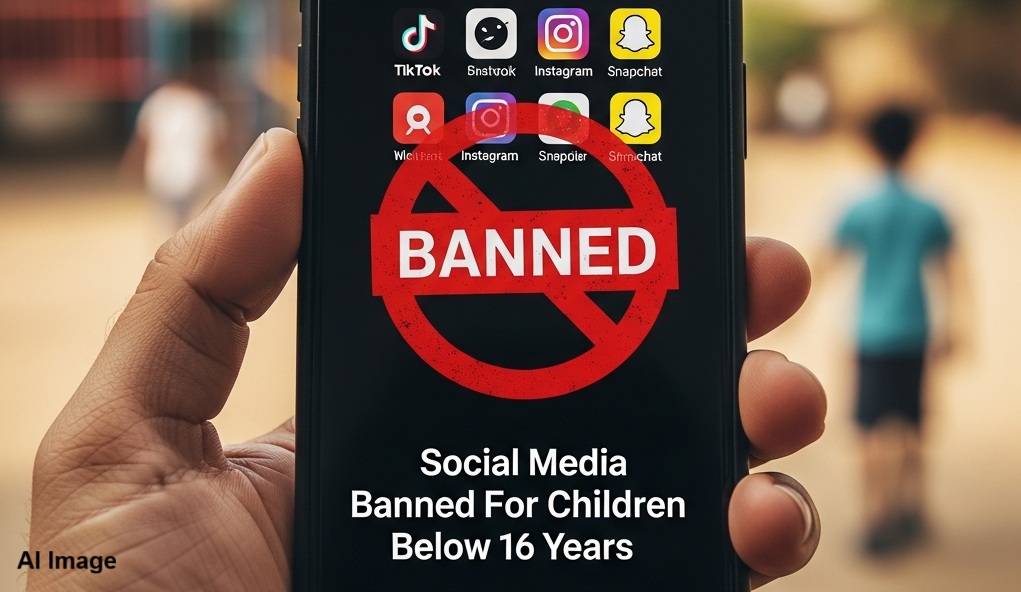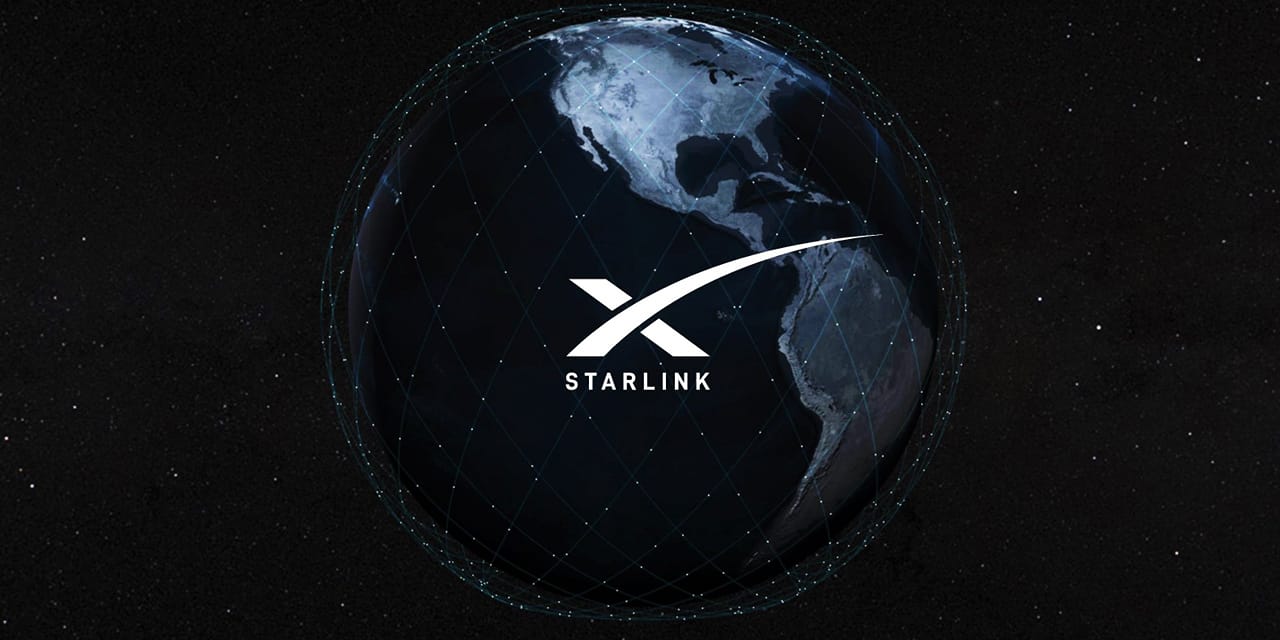
Australia is set to enforce a nationwide social media age restriction beginning 10 December 2025, preventing anyone under the age of 16 from creating or maintaining accounts on major platforms such as TikTok, Instagram, YouTube, Snapchat, X, and Facebook. The restriction is part of the Online Safety Amendment (Social Media Minimum Age) Bill 2024, which was passed on 28 November 2024.
Unlike traditional penalties, the law does not target children or families. Instead, social media companies will be responsible for blocking underage users. Failure to do so may result in fines of up to $50 million. The goal of the regulation is to enhance online safety and reduce exposure to harm, including cyberbullying, predators, and inappropriate content.
The move has sparked widespread discussion across the country, especially among teenagers who are the most affected but were not directly included in the decision-making process. Many are questioning how the rule will work, how platforms will verify age, and what will happen to existing accounts.
For now, platforms expected to fall under the ban include TikTok, Instagram, Snapchat, Facebook, YouTube, Twitch, Reddit, Kick, and X. Apps designed specifically for younger audiences such as YouTube Kids, Messenger Kids, Google Classroom, WhatsApp and Kids Helpline are expected to remain accessible.
Age verification remains a challenge. While early discussions suggested mandatory ID checks, the government is reportedly considering alternative methods to avoid privacy risks. However, no final system has been confirmed.
Young users will not face consequences if they are found using banned platforms. Enforcement is solely directed at companies, which will need to implement systems preventing under-16 access.
UNICEF Australia has expressed concerns about the ban, arguing that restricting access does not solve the underlying problems. Instead, the organisation believes the focus should be on making platforms safer, improving online education, and involving young voices in developing solutions. According to UNICEF, social media can also provide educational benefits, connection, and support — and reforms should reflect that reality rather than simply delaying access.
As the implementation date approaches, the debate continues: is banning the solution, or should the priority be building a safer digital world for young people?





